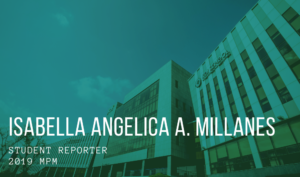
WIPO-KDIS MIPD Program: Syed Nadeem Hussain (2020 MIPD)
- Date 2020-07-17 08:07
- CategoryStory
- Hit3327
In Spring 2020, KDI School opened the world’s first-ever master’s program in Intellectual Property and Development Policy (MIPD) in cooperation with the World Intellectual Property Organization (WIPO) and the Korean Intellectual Property Office. 17 students from 13 countries came to Korea to take the opportunity to be a part of history while simultaneously acquiring a broader and deeper knowledge of IP and policy development. Thus, students with diverse backgrounds have significantly been added to the KDIS family.
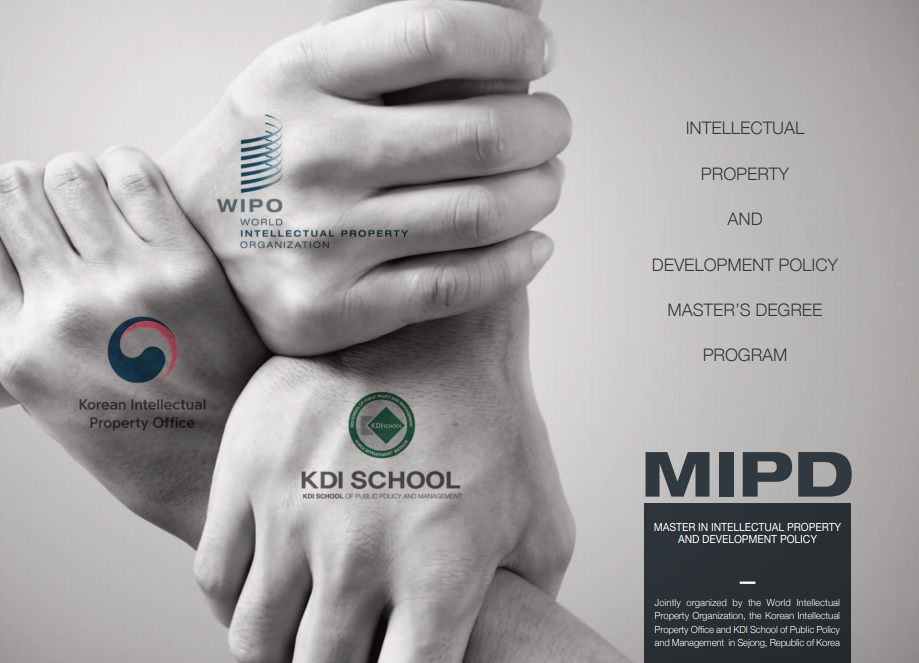
To know more about the MIPD students, we invited one of the selected few for an interview. Let us all get to know Syed Nadeem from India who shared with us some thoughts about the MIPD program and how it will help him in his future endeavors back in his home country.
Introduce yourself:
My name is Syed Nadeem (2020 MIPD) from Jammu and Kashmir, India. I graduated with a Bachelor’s degree in Computer Applications from the University of Kashmir. I also studied International Peace and Conflict Studies, IPR Management, and Business Entrepreneurship during my master’s courses. Now, I am here in KDI School as a Spring 2020 MIPD student.
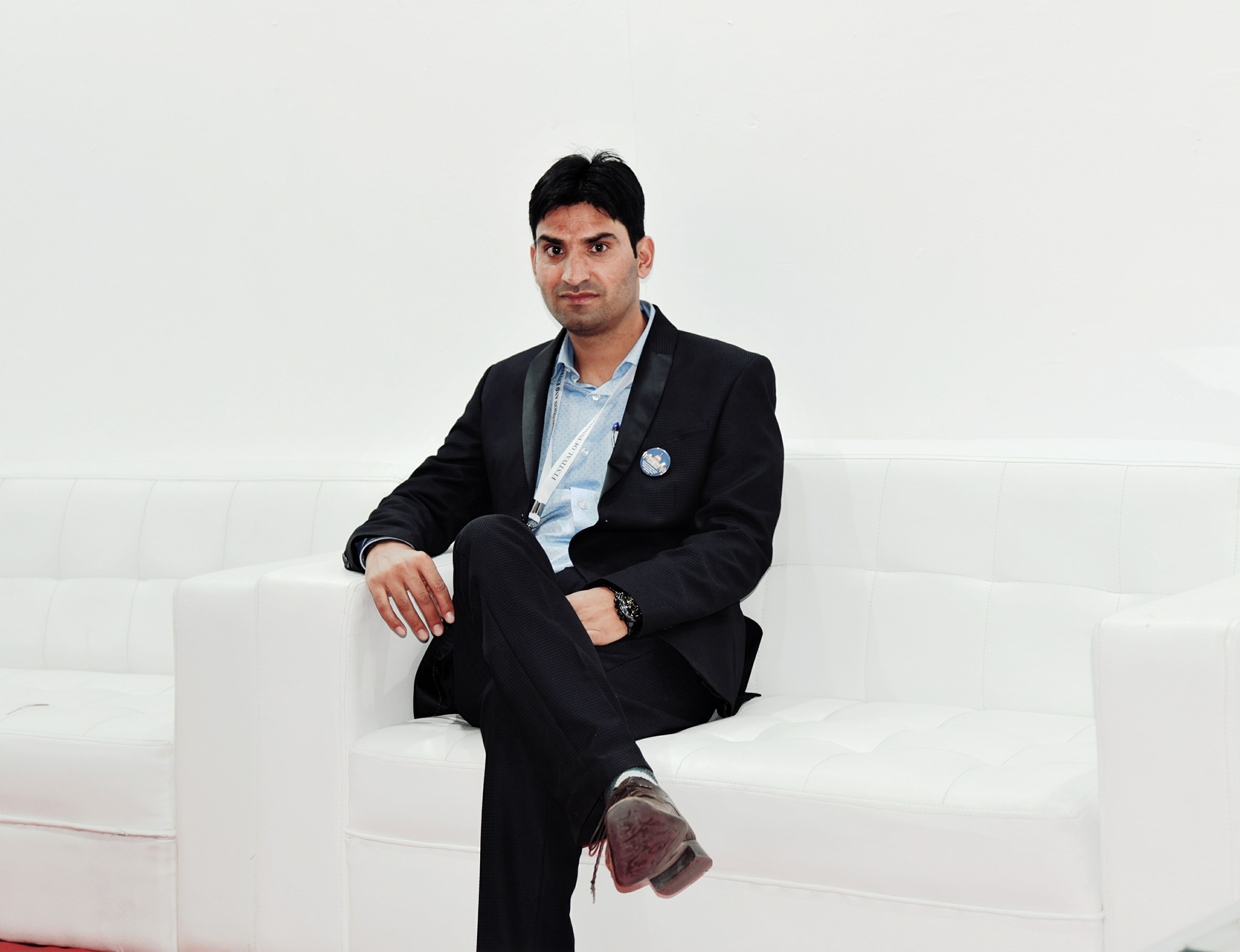
Tell us about your professional career:
I start my journey to innovations with Honeybee Network founded by Prof. Anil K. Gupta in 2007. I found this initiative to be one-of-its-kind in its ability to create a network of oddballs. The purpose of the network is to bring together a cross-pollination of ideas and innovations; ensuring that nameless, faceless creative people are recognized.
Before coming to KDI School, I worked with several national organizations like, Honeybee Network, National Innovation Foundation-India, and Grassroots Innovation and Augmentation Network (GIAN) – University of Kashmir on different community - based socio-economic and developmental projects focusing on grassroots innovations. Over the past decade, I have extensively traveled to the remotest regions to reach to the unsung, hidden and unaided innovators for their welfare and overall sustainable growth.
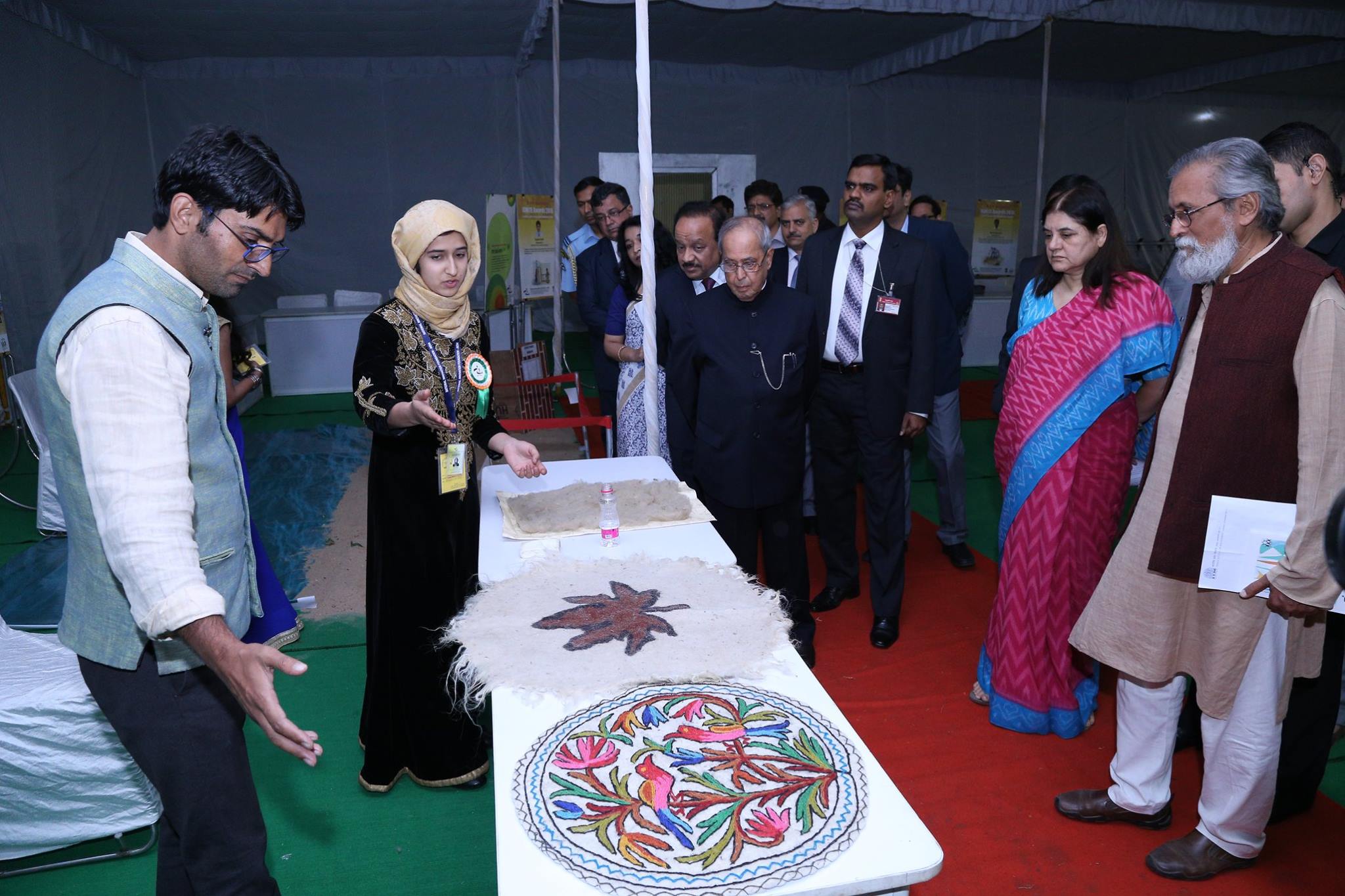
As a project investigator, I have been successful in creating a team of like-minded individuals in my home state to trace and support grassroots innovators, outstanding traditional knowledge holders and students in order to scientifically validate their ideas, prototypes and traditional practices under IPR protection. The purpose was to create an entrepreneurial space for the unorganized sector in a place where the response to grassroots innovation is almost negative.
For my continuous efforts, I humbly received the National Award in Scouting and Documenting during the Sixth National Grassroots Innovation and Outstanding Knowledge Awards held at the President House, New Delhi organized by National Innovation Foundation - India. Furthermore, I am also a member of the Institutions Innovation Council (IIC), University of Kashmir.
How did you come to know about KDI School and the MIPD program?
After realizing my potential and my professional interest in innovations and policy making, I started looking for programs and courses around the world where I would be able to capitalize on my prior experience to further the extent that I deserve rather than that which I desire. Luckily, I found out about KDI School’s MIPD program through WIPO.
What were your initial thoughts about KDI School?
KDI School offers a great curriculum and has a pool of international experts who focus not only on academics but also on imparting practical and real-life experiences. This creates a win-win situation for both the institution and the students. I believe it is an excellent environment for overall growth and development and provides opportunities for cross-cultural exchange and experiences.

What were your thoughts when you found that you are one of the first batch of students under the MIPD program?
I only found out about it when I arrived here. Nevertheless, I am honored and privileged to be included in this batch.
What were your expectations before coming to Korea and how are they being met?
As a student, I was expecting to find, evaluate and use information and resources to develop necessary skills to become an information savvy and a life-long practical learner. In spite of intensive coursework, it has been a priceless opportunity to be able to communicate with the most knowledgeable people in the relevant fields.
I was also expecting professionalism from KDIS professors and from my classmates, and I have encountered much more than that. During tough times, professors were very generous, like parents. I am especially thankful to Professor Tabakis and to our nurse Taesub Kim. Everyone is an expert in their own domains and performs with great professionalism.
Another unique thing that I have come across is the great cultural traits of Koreans which I find praiseworthy. They are very friendly and always ready to help. I truly admire KDI School, Korea, its people and their culture.
Overall, I must say that the past several weeks have been extremely valuable to me. I have learned a lot of new things and real-world applications. Per my experience, this program is one of the most informative and knowledgeable that I have ever experienced in my life. Even if the classes were online, the course contents were very well crafted and designed in order to achieve the goals of target audience.
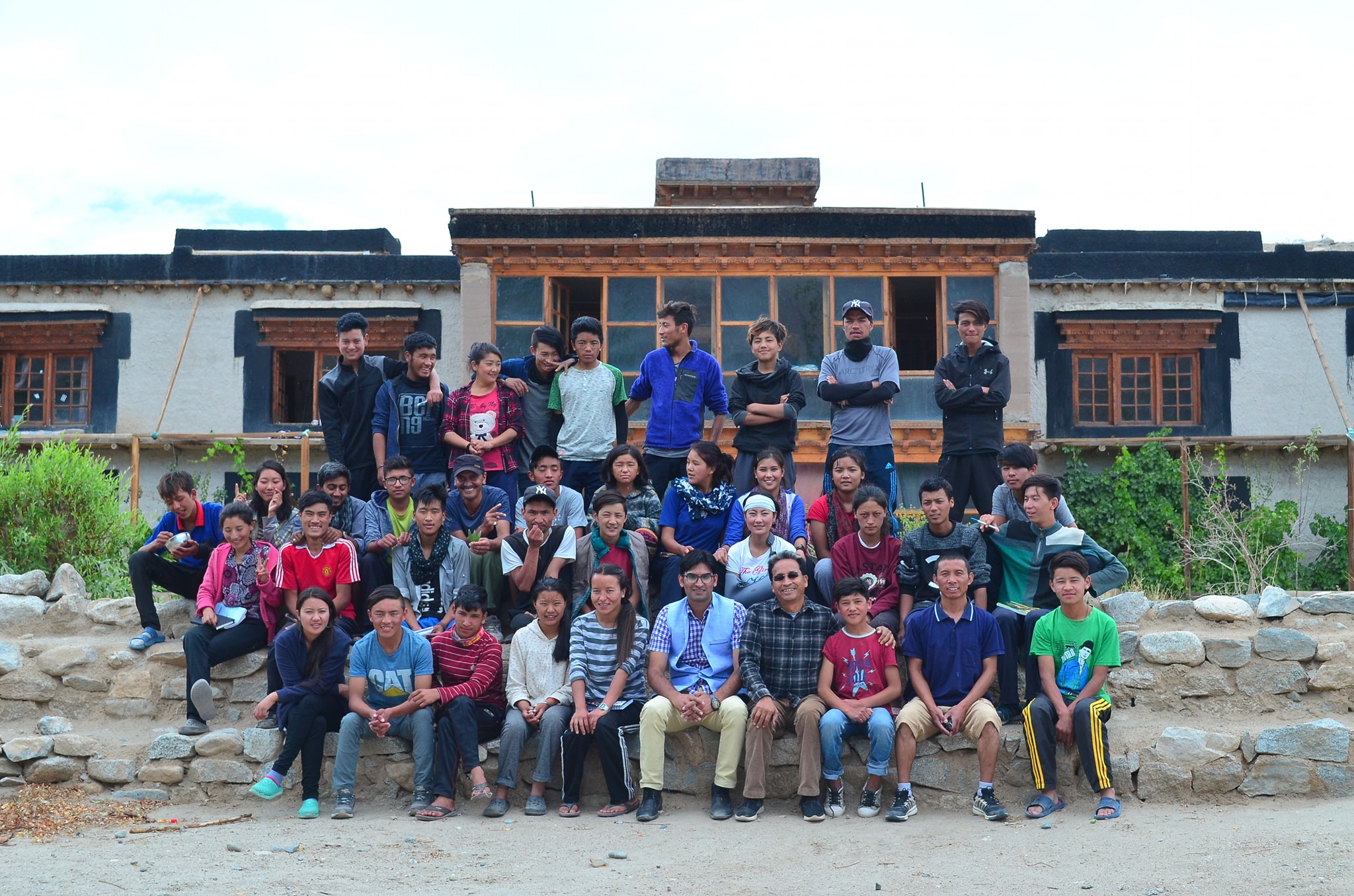
How do you think the MIPD program can improve?
The current classes are impressive; however, I would suggest more case studies on IP and innovation policy from developed countries and lessons for developing countries. Additional courses on transfer of technology, IP in the industry, food security and biotechnology, could also be explored by the school.
How will you be able to apply or use what you learned from KDI School to your job and contribute to your home country?
Studying in WIPO-KDIS Program is an inspiring and rewarding experience. It has opened the door to getting access to up-to-date IP knowledge and development policies. Since I have keen passion about scouting, promoting and rewarding green grassroots innovations, I believe that there is still no strong and inclusive policy frame work or policies to support grassroots innovations. This is true not only in my country, but in developed countries as well. Thus, after gaining necessary information and skills I would like to act as a bridge among the government, NGOs, institutions and associated sectors to make an environment than can support and sustain grassroots innovations in terms of recognition and diffusion, which are the only ways to strengthen an inclusive innovation ecosystem.
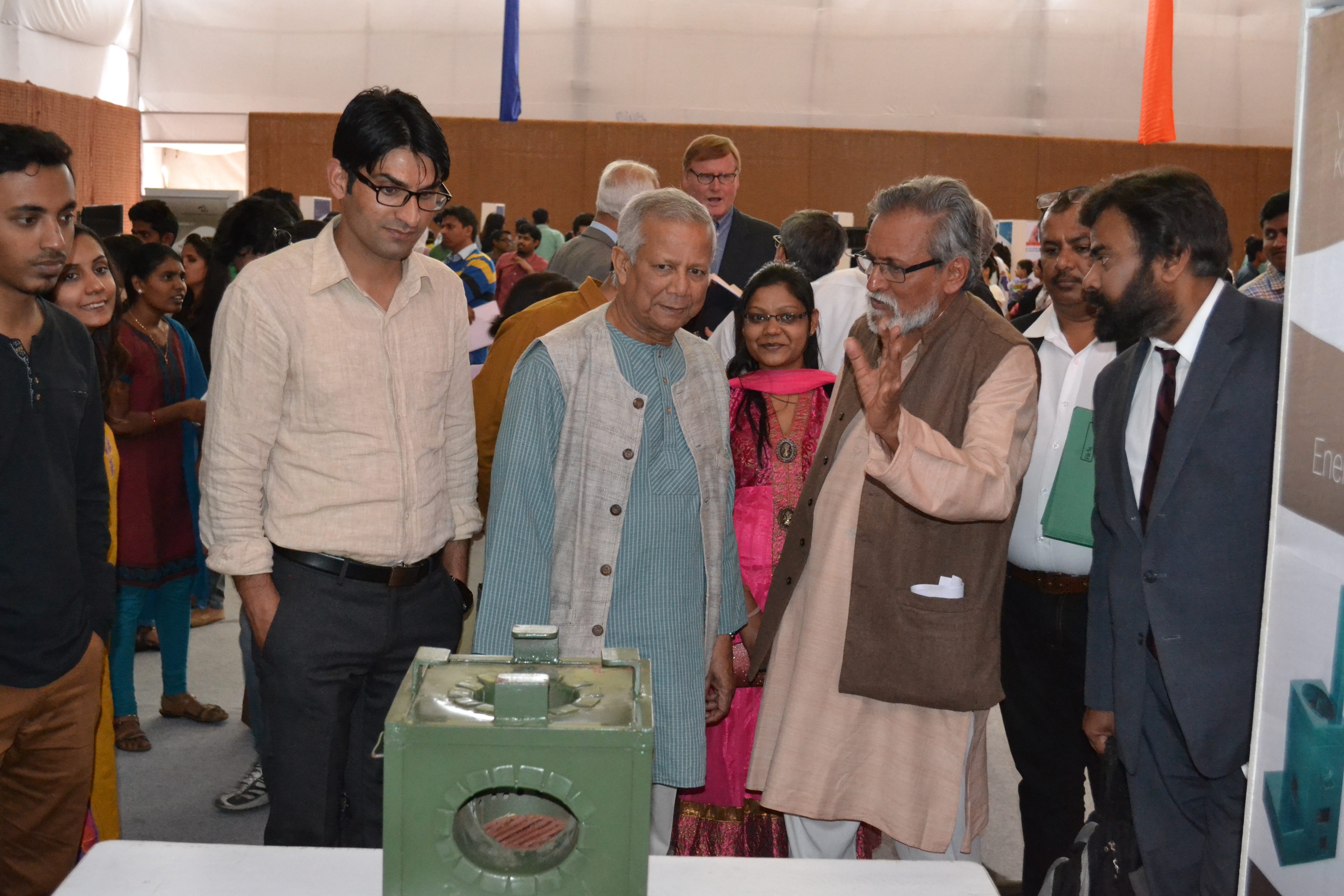
What are you planning to focus on for your research project?
I am planning to write an SRP on Grassroots Innovations for Peace and Development in Conflict Prone Regions. I believe chronic conflict affects countries at all stages of development, which ultimately leads to unequal distribution of resources. This has been closely linked to rising inequality and poverty within society. While focusing on grassroots innovation in my work, I would try to understand local problems pertaining to unorganized sectors and will investigate whether and in what circumstances grassroots innovations can contribute to peace and development.
